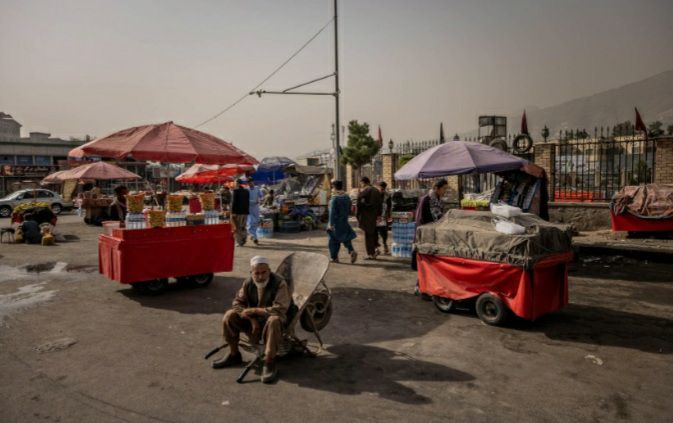RASC News Agency: Taliban-controlled Afghanistan has been facing severe economic challenges for over two years, resulting in it being one of the poorest nations in the world. The country is grappling with alarmingly high humanitarian needs, leaving many households struggling to meet even their most basic requirements. Furthermore, there has been a significant decline in women’s participation in the workforce, which further worsens the economic instability of the nation.
The prevailing financial difficulties in Taliban-controlled Afghanistan are expected to worsen as the country deals with multiple crises. The situation is exacerbated by population growth and the influx of Afghanistani asylum seekers returning from Pakistan. These factors contribute to a long-term increase in humanitarian needs, highlighting the urgent need for structural and political reforms to address the prevailing challenges.
Experts from the United States Institute of Peace (USIP), namely Belqis Ahmadi, William Bird, and Scott Worden, have analyzed the economic outlook of Afghanistan based on two recent World Bank reports. They shed light on the destabilizing impact of the Taliban’s policies that target the participation of women in the labor force. As humanitarian aid continues to decline, it becomes crucial to explore potential solutions to improve the situation and alleviate the hardships faced by the Afghanistani people.
Although the Taliban claims progress in combating corruption and generating revenue, there is uncertainty regarding the capacity of Afghanistan’s economy to meet the needs of its population, given its heavy reliance on humanitarian assistance. The World Bank reports emphasize the weak state of Afghanistan’s economy, its inability to create sufficient employment opportunities, and the persistently high levels of poverty and unemployment experienced by a significant portion of the Afghanistani population.






